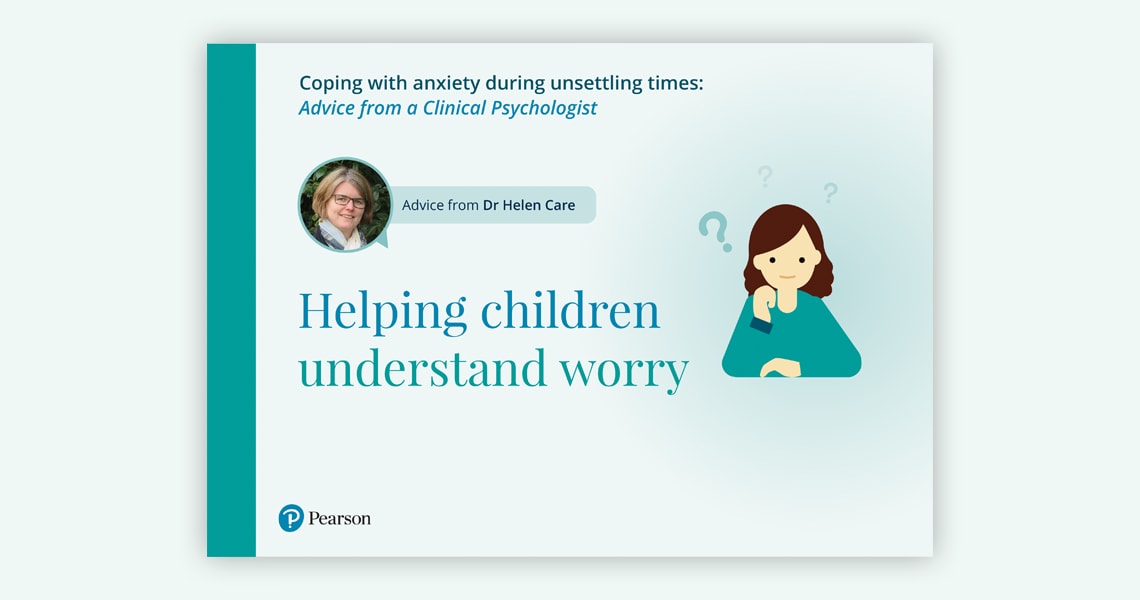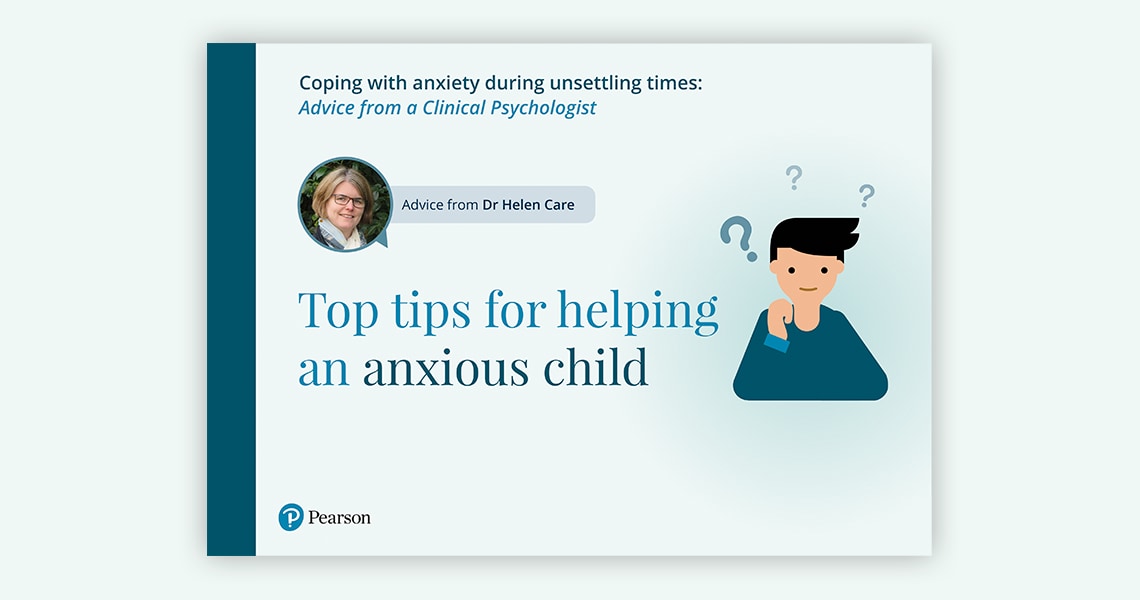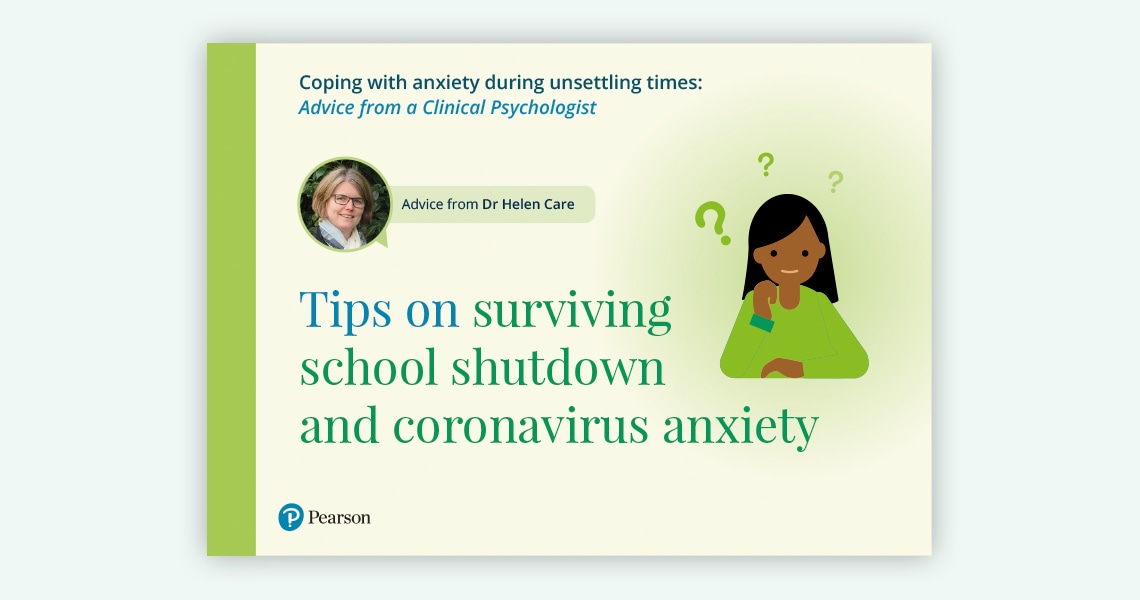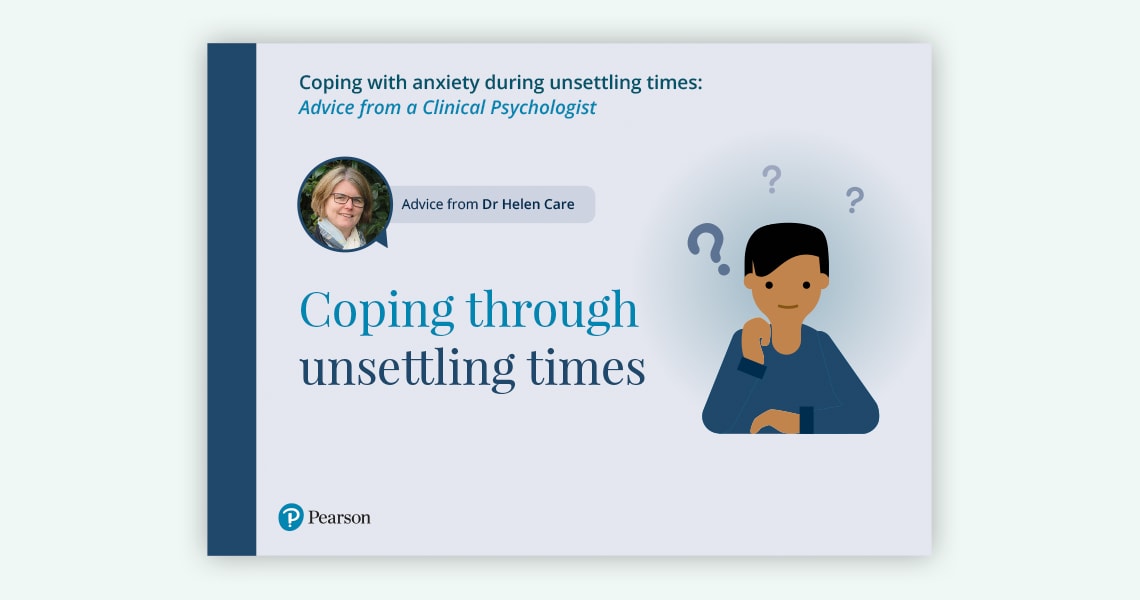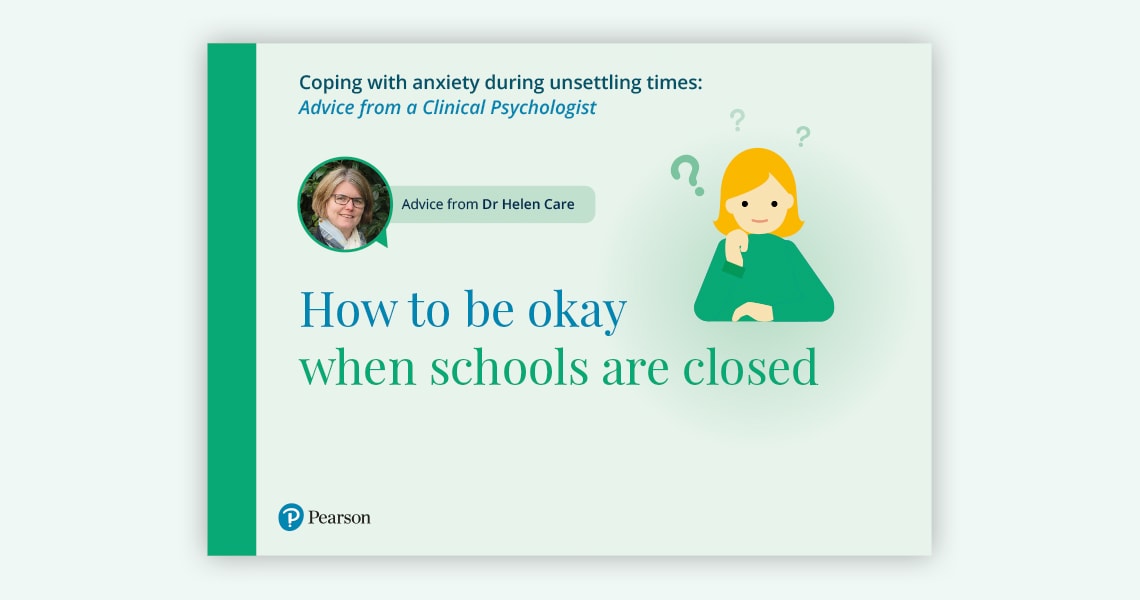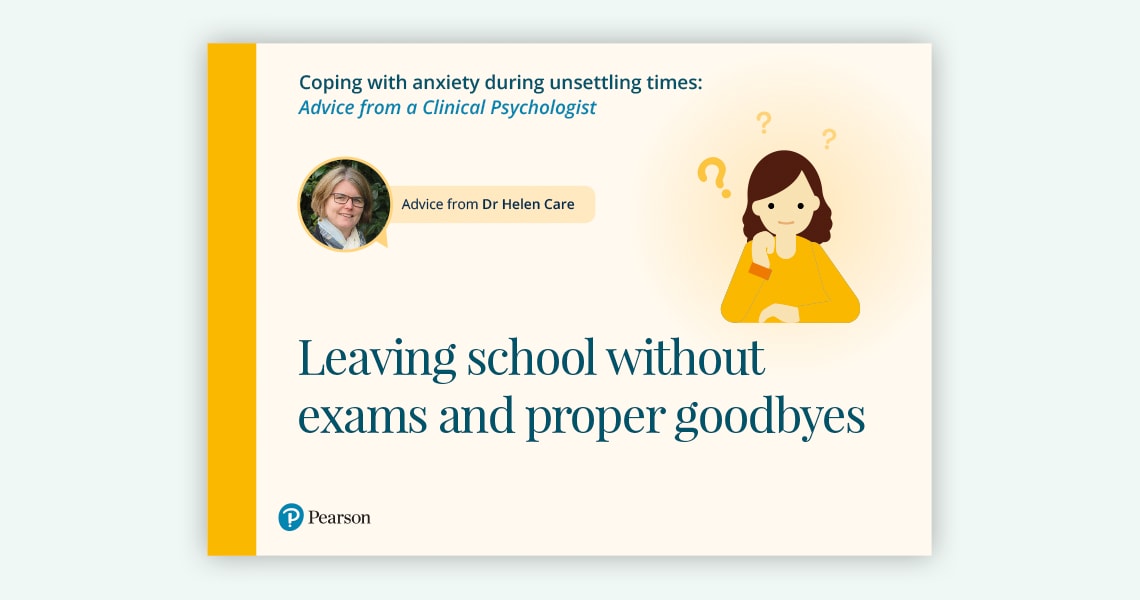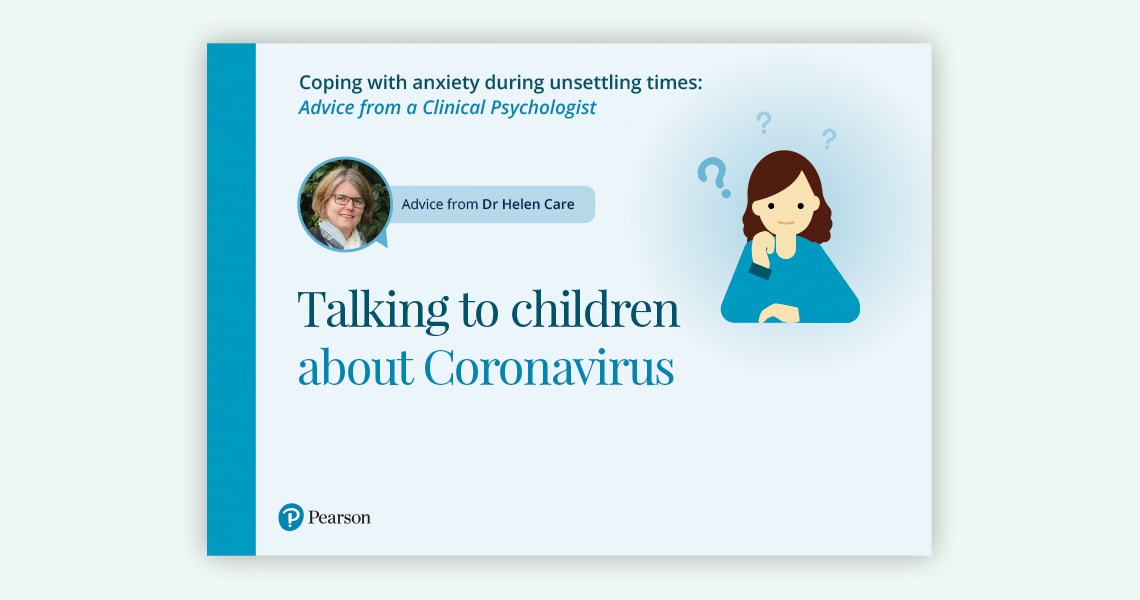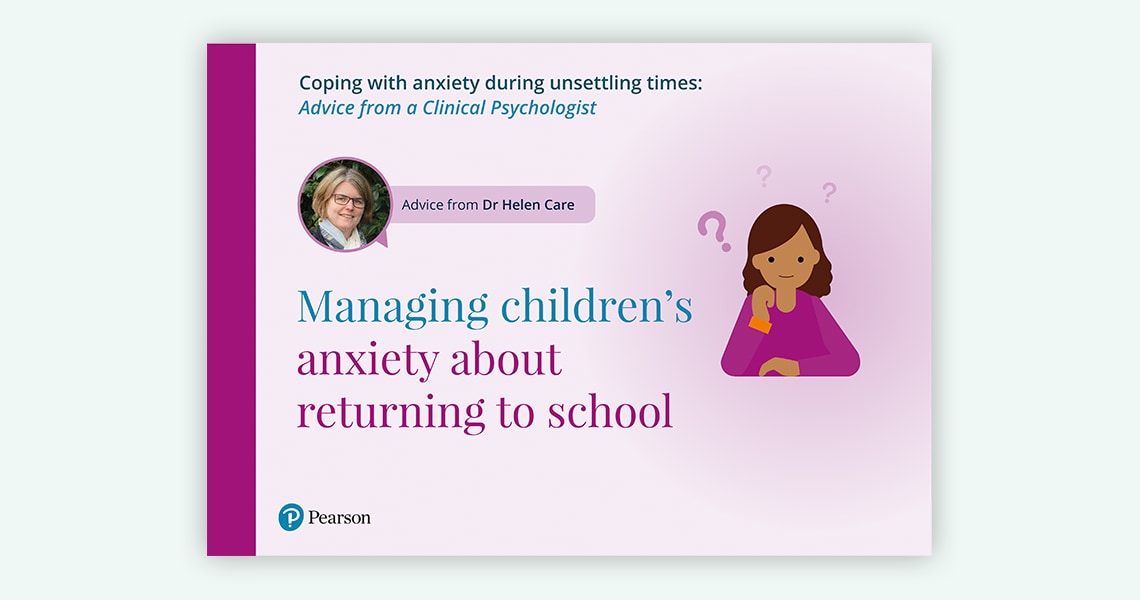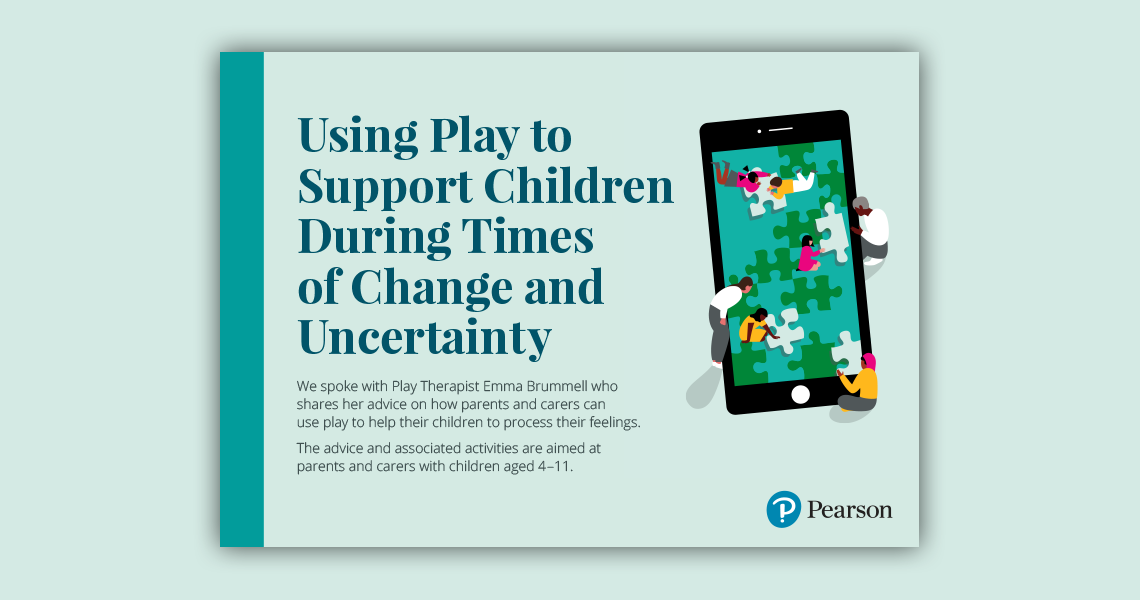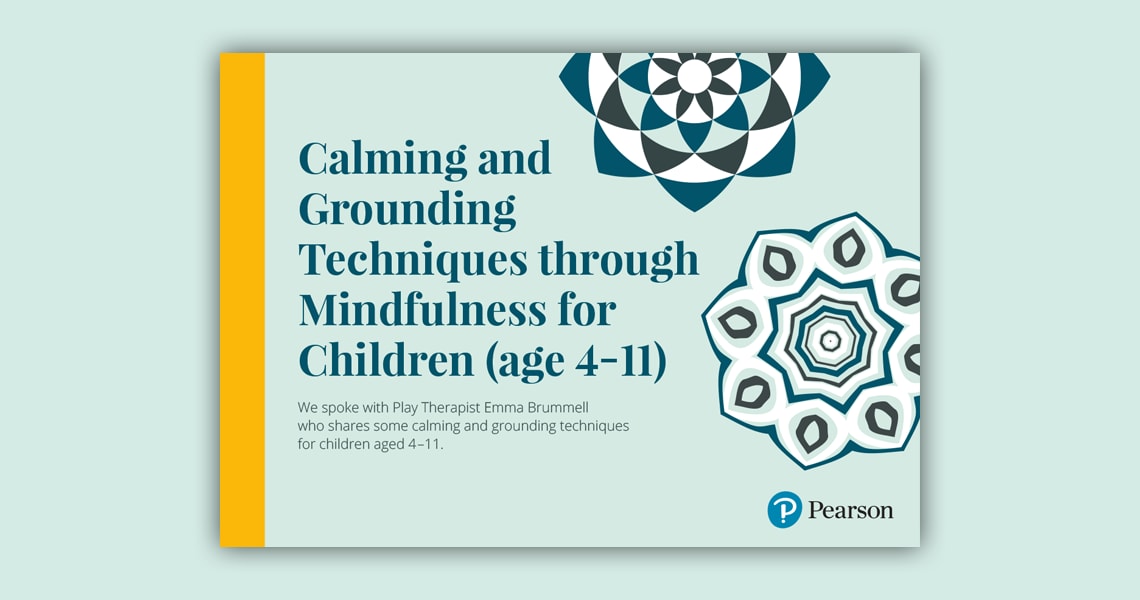The Wellbeing Zone
The Wellbeing Zone is packed with free resources to support teachers, parents and young people with mental health and wellbeing – from advice on coping with anxiety and exam stress, to fun activities and mindfulness.
Take a look at the resources we've pulled together below – with much more coming soon!
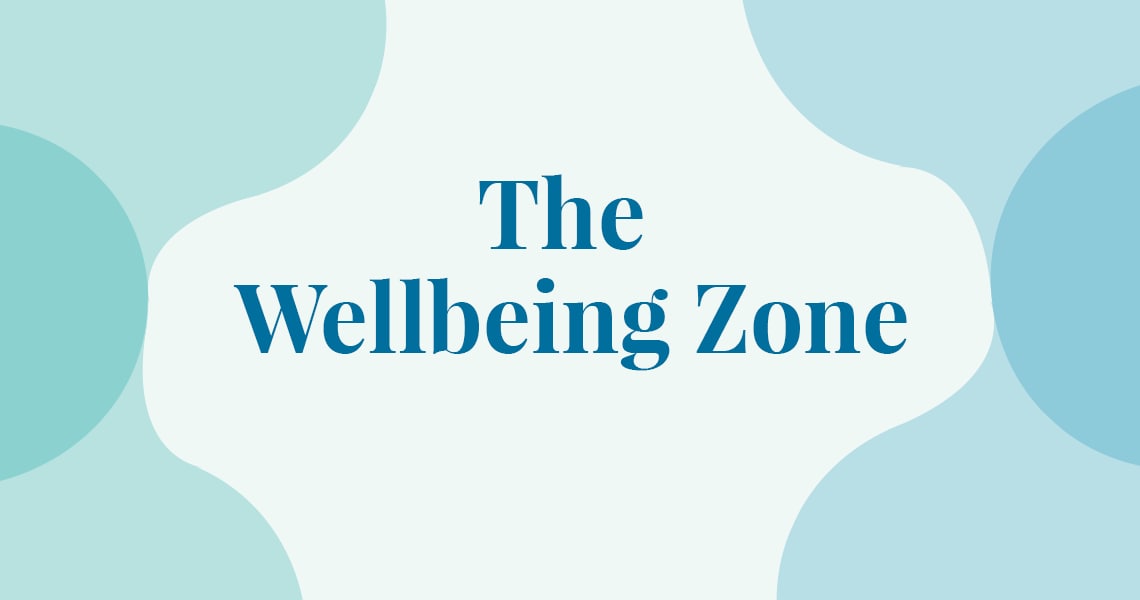
Exam stress and wellbeing
Looking after the mental health and wellbeing of young people during revision and exam time is really important. Use our support and guidance to help your students navigate this tricky time.
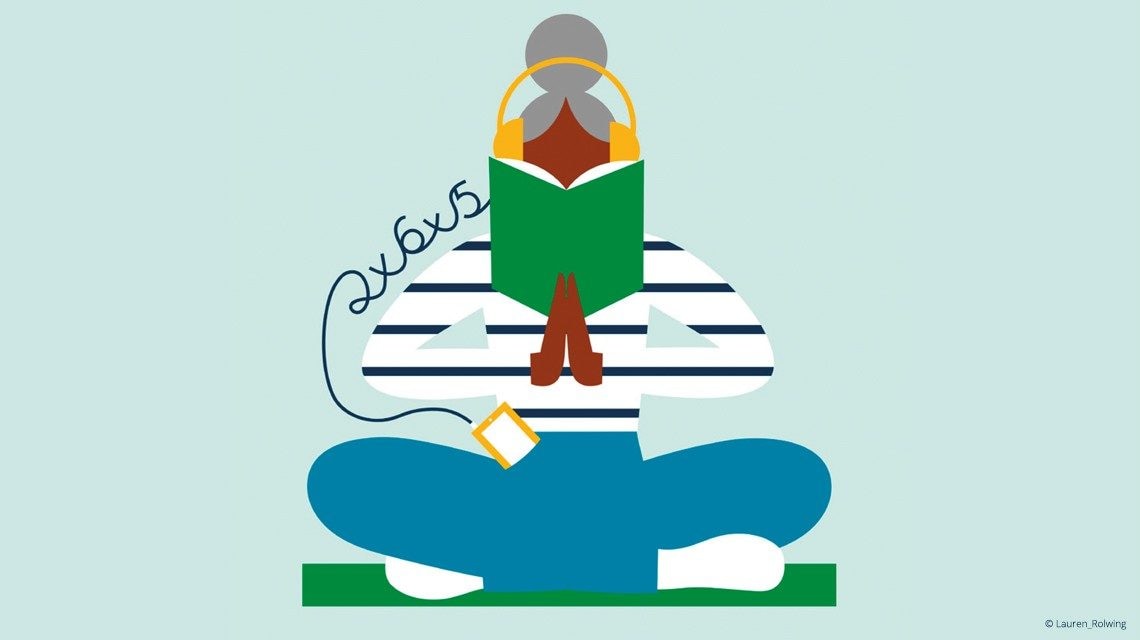
Mindfulness
Practising mindfulness at times like these can help to rewire the brain to work in calmer and more positive ways.
For a great introduction into mindfulness take a look at our Mindfulness for Unsettling Times guide. Here you will find a helpful introductory practice for teachers and parents that can be used with children and students.

Guided introductory practice
Our First steps to Mindfulness guide explains what mindfulness is and how you can start to begin to practice it in your everyday life.
Mindfulness webinars
Pearson's Mindfulness Lead, Ashley Lodge, and his co-teacher Lisa Wren, have provided a free one-hour introduction to mindfulness, where they explain the neuroscience and psychology underpinning it and lead a basic practice/meditation so you can experience directly how mindfulness works.
Watch the latest webinar recording
Mindfulness during unsettling times for teachers and parents
Mindfulness practice
This audio file gives you an excellent introduction to mindfulness through a practice called Breath and Body.
Listen to our guided introductory practice (Breath and Body)
Using play to support children during times of change and uncertainty
For this series we spoke with Play Therapist Emma Brummell who shares her advice on how parents and carers can use play to help their children to process their feelings.
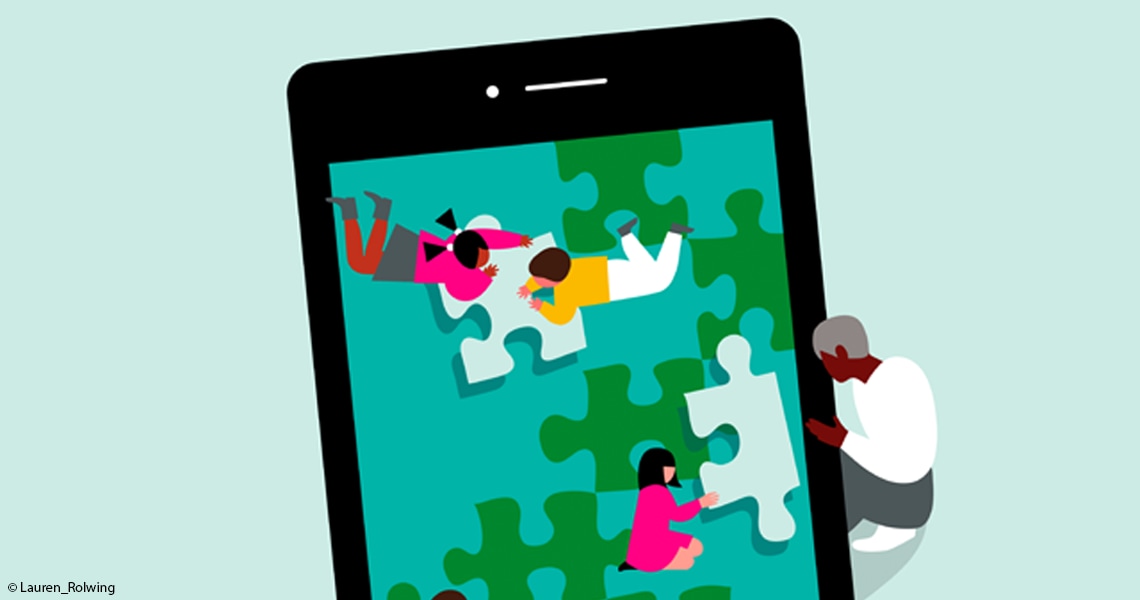
Stoicism with Ben Aldridge
Stoicism is an Ancient Greek philosophy that has had a resurgence of popularity in recent years. Teacher and Author Ben Aldridge gives us an introduction to the philosophy, explains why it changed his life and shows us how we can use it to deal with adversity and challenges.

The Olympic Mindset Podcast
Supported by the NAHT and sponsored by Pearson
Hosted by Dominic Broad, Director of Education at Thrive Education, The Olympic Mindset Podcast takes extraordinary lessons from Olympians and applies them to school leadership and everyday life.
Each episode explores obstacles faced by well-known athletes, educators and leaders and unpicks the principles of a resilient, compassionate and ambitious mindset.
Topics range from wellbeing, overcoming anxiety and imposter syndrome, to surrounding yourself with positive influences and the importance of empathy in leadership.
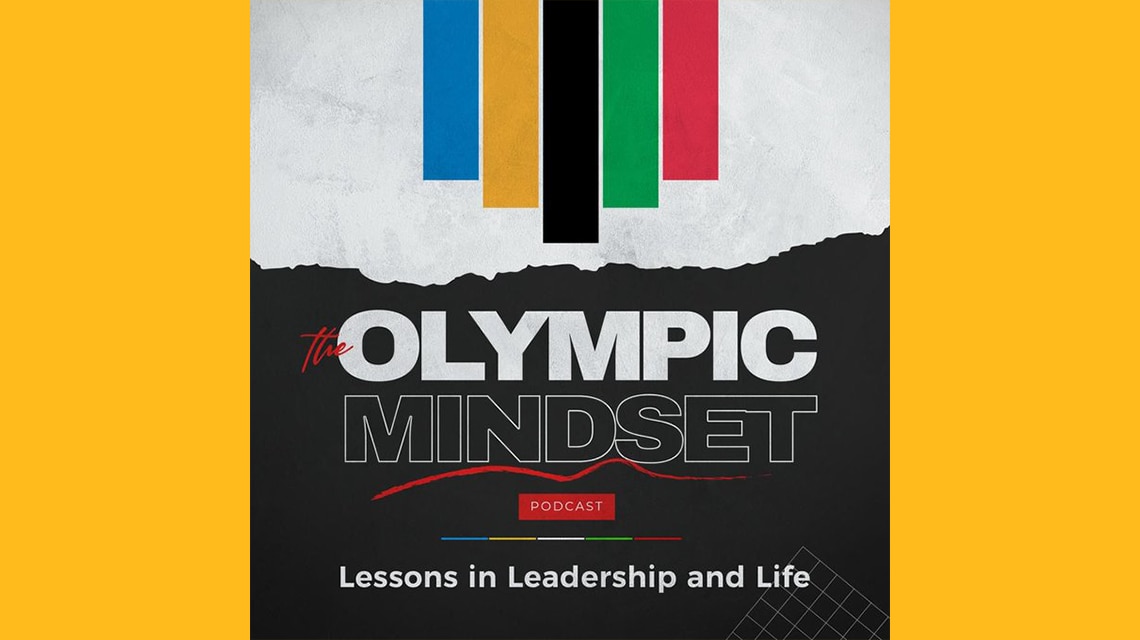
Spotlight on back-to-school support
As the return to school beckons, we’re proud to continue supporting educators and families with making the most of learning. For every step of the journey, we’re here to help.
More resources
-
Returning to school with Weaving Well-Being
Find activities designed to help your students to understand and strengthen their wellbeing so they feel good about themselves in mind and body and strong enough to deal with past, present and future challenges.
-
Managing children’s anxiety about returning to school
Discover top tips and tricks for parents on helping children return to school.
-
Explore our published resources
Explore our range of primary and secondary resources, tools and services to support every stage of learning.
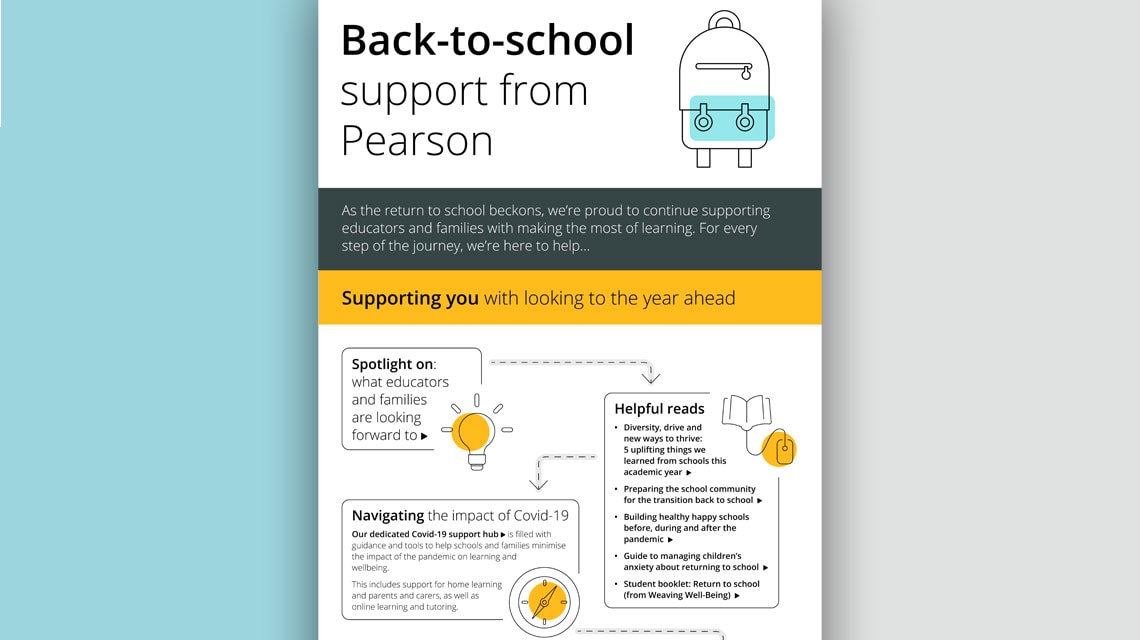
Mental Health Support in Schools Toolkit
We understand how important it is to encourage a culture of positive wellbeing and mental health in today's environment.
That's why our Mental Health Support in Schools Toolkit brings together and practical support from SENCos and psychologists on how to support mental health and the general wellbeing of your students.
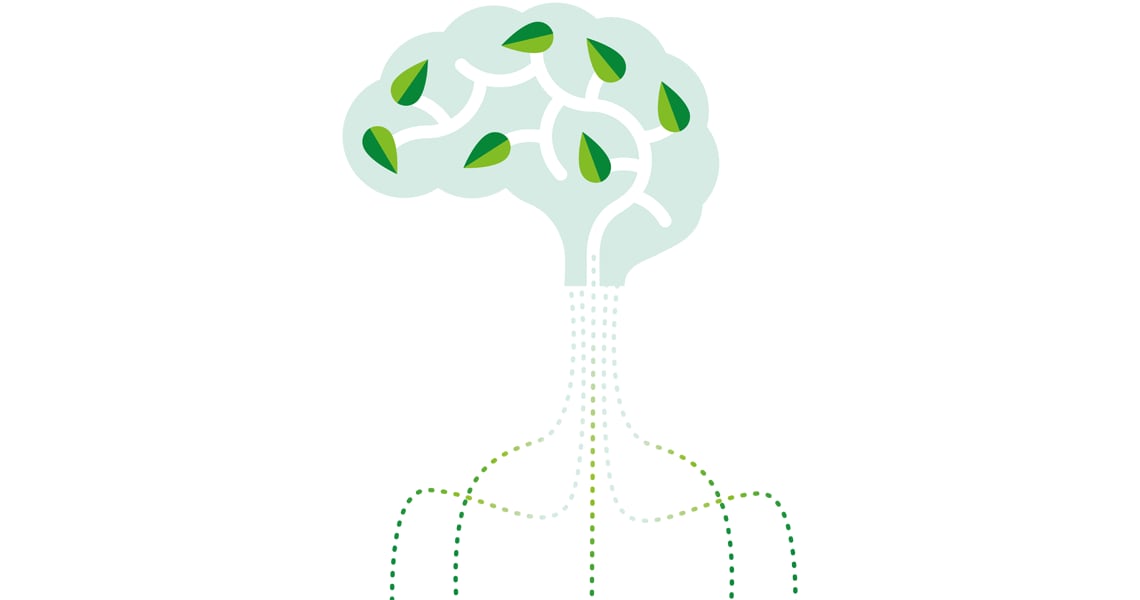
Looking for immediate help and support?
If you feel that you or someone you know (be they a parent, child, teacher or young person) are at immediate risk of causing harm to themselves or others, it’s important to seek immediate professional help by calling 999.
How ever you or someone you know might be feeling or going through, it’s important to know you’re not alone. There’s lots of information and support services in the UK to help:
